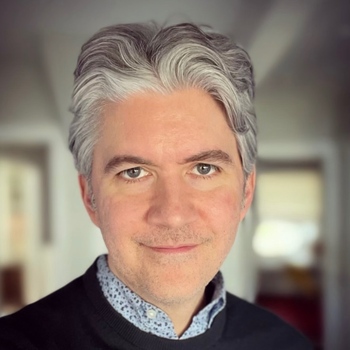My background and approach
I believe every person has the capacity to face their challenges, to become unstuck from self-defeating patterns, and to live life in a more empowering and authentic way. Simply put, my primary aim is to help my clients find their resilience to live more fully. Some of the common themes that emerge in my work include relationship concerns, life transitions, identity issues, trauma, existential distress, finding meaning and purpose, and anxiety and depression. I am committed to helping my clients develop self-compassion, interpersonal awareness, intentionality, and balance in their lives.
My therapeutic style is flexible, engaging, and down-to-earth. With an appreciation for the many facets of identity that shape each person’s whole self and worldview, I offer a holistic and culturally-informed approach to therapy. Genuine curiosity and cultural humility are guiding forces as I prioritize understanding people within their unique contexts.
In addition to assisting people with bigger picture concerns, I have expertise in stress management, insomnia, and the interaction between daily coping and mental health and wellness. My doctoral research focused on the impact of mindfulness on the physiological stress response, specifically cortisol. I have led workshops at Northwestern University, the University of Illinois, and Rush University Medical Center on topics ranging from stress reduction to reducing cultural bias in healthcare.
I completed my postdoctoral fellowship at Northwestern University CAPS and my doctoral internship at the University of Illinois at Urbana-Champaign. I graduated with my doctoral degree in clinical psychology (PsyD) from Roosevelt University, a program accredited by the American Psychological Association.
Finally, as a former professional musician, I continue to maintain a passion for creative endeavors, which I integrate in my therapy work with professional and emerging artists. Common therapeutic focus points with this population include the ego and artistic identity, maintaining authenticity in the face of self-doubt, and creative vulnerability.

Dr. Sam Macy
Clinical Psychologist

